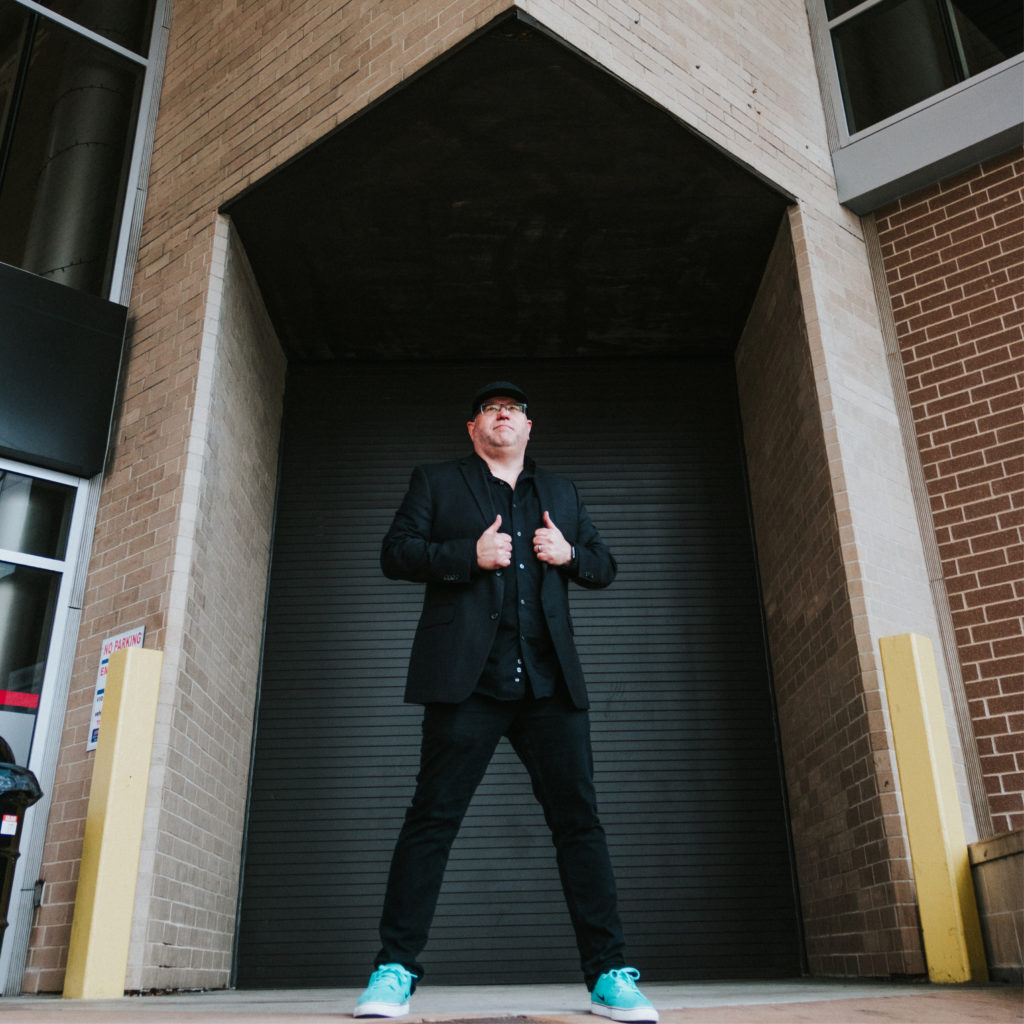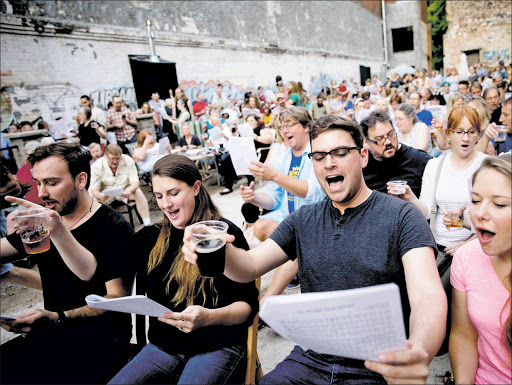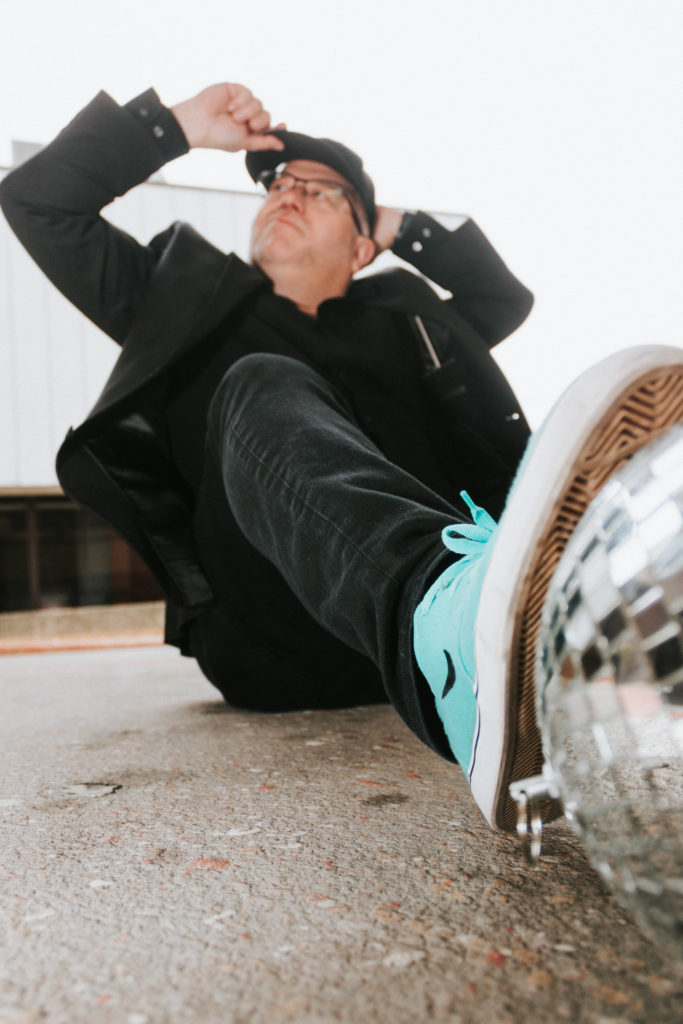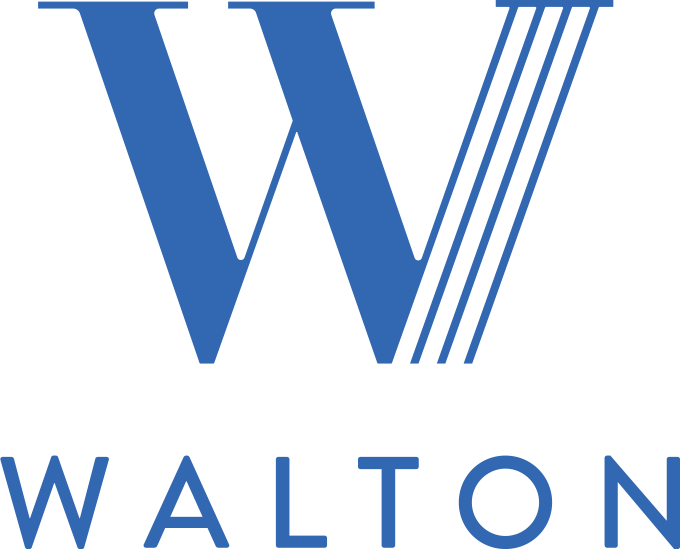
Mike Engelhardt doesn’t see himself as a composer—he sees himself as a designer.
Combining disparate things he loves into new and interesting creations is kind of Mike’s signature style. Whether it’s medieval Christmas chants and modern percussion, choral music and craft beer, or meditation and melodies, Mike is always looking for something that moves him. The results of his efforts are almost magical. We took some time to catch up with Mike while he was at home in St. Louis about his compositional process, his new projects, and his new releases for Walton music.
What’s your process for composing like?
I’ve said lately that I see myself as designer rather than a composer. I love to take elements of music or sound palettes or musical techniques and find ways to piece them together. I design a piece of music to use like a tool to serve a purpose or convey something. I don’t just sit down and have the music ooze out of me. I take a designer-like approach to putting the pieces together. I want to see if I can create a brand-new thing with elements of this thing, and this other thing, and a little of this on the side.
That’s where the idea for Beer Choir came from: could I build a tribe where choral music and craft beer intersect? It was something that spoke to me, and it turns out it spoke to a lot of people. I’m actually in the process of selling Beer Choir to Adam Reinwald, one of the founding members of Cantus. He’ll be taking it over. It’s been a great thing to be a part of, and I’m excited to sort of release my baby out into the world.

My piece Gaudete! is another great example of hybridizing two things together to make a new thing: some of the oldest written down music—old medieval Christmas chant—smashed together with contemporary groove elements, drum and bass, and some contemporary harmonies. I love taking historical things and making something new.
How did you develop this passion for turning choral music into something new and different?
As I look at how my career came full circle, it just makes sense that this is where I landed. I was at Millikin University for undergrad, then went on to finish my master’s degree and had a bunch of different musical experiences, including being a music director at a very large church and being on the faculty at some smaller colleges and universities. Then I came back to teach at Millikin in 2008 on the choral music faculty. When I came back to Millikin, I felt like I was coming home, and like it was a safe place, and I could do some experimentation. The women’s choir became my laboratory, and I felt like I could try some new things. Gaudete! came out of that. I fully embrace pop and jazz and different genres of music just as much as I embrace choral music and the academic side of music and the art of conducting. I try to be fully involved in all the styles and be excellent at all different types of music. The one person who always understood that and has championed that for me is my mentor Brad Holmes, the Director of Choir Programs at Millikin. The theme of the Christmas Vespers concert that year was “generation to generation,” celebrating the 50th anniversary of the Vespers at Millikin. I thought, what if I take something super ancient, and bring it through generations to a pop music place? If I’d been somewhere else, I don’t know if I would have been able to do it. At Millikin under Brad’s leadership, I got the green light. I had to adapt the length of the piece to fit the performance, but otherwise he really gave me the freedom to do whatever I wanted to do. Brad was all in for the experiment. He could see where I was going, and although it was different and out of the box, he cheered me on and allowed it. And I trusted his judgement that he wouldn’t put it in the concert if it wasn’t good, if it wasn’t going to work. With his trust and confidence, I really felt comfortable to do it. That was where I realized I could maybe do this, smash my disparate music interests into one piece.
It seems like it’s as exciting for you as it is for the audience who hears your music!
If I don’t have a moment where I have that feeling where I think, “yes! This is working!” or it just isn’t exciting for me, then I know it’s not going to work for an audience. I have to feel like I would enjoy listening to it or I know I’ve still got work to do.
Tell me about the new Whole Notes project you’re working on—it seems like another instance where you’re combining two elements to make something brand new.
Whole Notes is a project that takes what I’ve learned in my years of studying psychology (from the perspective of my own health as a person who deals with depression and anxiety and what I’ve learned about the positive effects of meditation) and combines it with what we know from music research about the power of music and its effects psychologically and physiologically, particularly the power of singing together. I thought, what if we wrote music intentionally to be sung along with, in a meditative way, that highlighted themes of positive psychology, strong positive emotions, proven in clinical settings to be tied with positive chemical release and emotions in your brain? Most of the mediation music you can find available today is ambient and droning and miles of reverb. What if we more intentionally created musical meditations to put a positive message into the mind of the listener?
I saw the movie Alive Inside about a dementia researcher, and he did an experiment where he would talk to a patient’s friends and family and get a list of their favorite songs from childhood and early adulthood. He’d load that music onto an MP3 player as a playlist and play it for the patient, music identified as meaningful for that particular patient. People in a nearly catatonic state would come to life and even sometimes start dancing. People who couldn’t remember their kid’s name suddenly recall all the words to a song they knew as a teenager.
It made me want to create something that puts something even more useful into our brains, messages like I Am Enough. I Choose to Be Happy. I Am Grateful. To design something that would impress those messages into our memory banks.
It’s a pilot project, released as music files and guided meditations, and I hope to really expand it into something great in 2020. You can follow Whole Notes Project on Facebook to see updates!

How would you encourage someone who wants to be a composer?
I’m a little bit of a late bloomer—I’ve only been published for ten years, and I’ll be 46 this summer. I was in my mid-30s before being published. If you’ve aspired to be a professional composer your whole life, that’s sort of late.
I see composers get frustrated by the process. I would say start by imitating your heroes. Write something that sounds like your favorite piece. Imitate your heroes just to learn how to craft something, how to try something and put it together. Go ahead and learn how they do it, the people who inspire you, then try to add something that’s your own voice. Try to take something a new direction. Drive toward what really moves you. As you work through that and keep going, you’ll find your own voice. That thing that’s unique to you. That mixture of things that defines you and is your unique sound. Incorporate what you love, what moves you. Instead of writing what other people will like, write something that YOU like. What speaks to YOU. It might be tempting to write something that you think the industry will like, because you think that is what will be successful, but what will really make you happier and more successful is finding your authentic voice. Do the imitation as a means to an end, as a place to learn, but make sure what you’re writing moves you. Not something that “sells.” Obviously it has to appeal to people, but writing solely for the market gets you diminishing return.
Let’s talk about what you released with Walton this year!
I Will Sing
(SATB with Piano and Optional Rhythm Section)
This piece was written specifically for my mentor Brad Holmes, at his request, to address a specific moment in his life. He’s taken it to different All-State events and things like that. I’m excited it’s being published by Walton.
Be Thou My Vision
(TTBB with Bass and Percussion)
I can’t wait to see what TTBB choirs do with this piece! Conductors of TTBB groups are usually looking for something different and interesting. It’s a very challenging piece—it’s got some parts that are really intense. When we did it with my TTBB choir I remember looking at them and trying to express to them, “Guys. I KNOW. I’m here, we’ll make it through together.” It’s got an interesting rhythm. I think people will really enjoy the challenge.
Love
(SSAATTBB, unaccompanied)
Love has lived more as a recording than a notated piece of music. Typically the way I write is that I don’t put notes on paper until I’ve sung it all the way through. I record myself as I go so I don’t lose the ideas, and it gives me spontaneity and freedom. This piece is so many parts, twelve parts. I didn’t record it with twelve staves in mind—thinking this is going to be soprano one and that part will be soprano two—it was really just improvising, stream-of-consciousness work. So, the hardest part was to write it down afterward. I had to make so many decisions about what was baritone one and what was tenor two and write it down to make sense so a choir could sing it. I wrote it initially as a recording, that was the job—I was purposefully creating a recorded piece of music.
The recorded piece obviously has so many parts; the density and the layers make it feel deep and textured. I was proud of my performance on the recording singing all the parts, and I wanted it to sound like the best professional recording when I was finished. I actually did a Google search to see who does Pentatonix’s mixing and mastering—his name is Bill Hare, and he’s a Grammy award-winning audio engineer. I actually just went the contact page on his web site, and said, “hey, I’m this choir guy in St. Louis—what do you charge to edit/mix/master something?” He said, “sure!” It really turned into something great.
Walton has also released some revoicings of previously published pieces of mine, And Suddenly and Go Tell It On the Mountain.
This is such a crazy time we’re living in—do you want to share what you’re leaning on musically for comfort?
That’s a fun question! I exist in all these different music worlds. Let’s see, I’ve been playing through Jazz Real Books and polishing my jazz skills. Lately I’ve been listening to Bossa Nova. I love the “less is more” aspect of the music; there’s something about the way it’s constructed harmonically, I just love it. I’ve also been watching all the home concerts and virtual choirs, seeing my friends and artists I love trying to maintain connection through music. It’s been incredible to see how once everyone was in quarantine, we all started reaching for the arts—I hope the world will remember that art was so important during this time, and how it helped us to survive.

